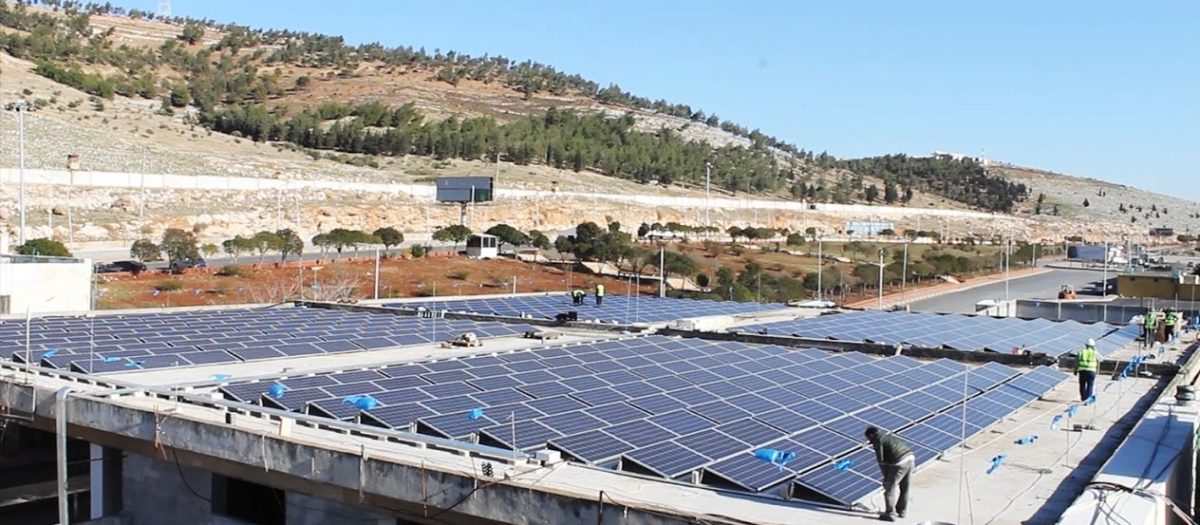Syria, once a leading oil and gas producer, has been suffering from energy interruptions for a half a decade. The ongoing civil war, now in its sixth year, has significantly damaged the country´s electrical infrastructure, leaving people reliant on diesel generators, but at the mercy of fuel shortages.
A study by the Shattuck Centre of the Central European University in Budapest (Hungary) last year identified the large potential of solar power in several war torn areas, using Aleppo in Syria as an example. The climate and geographic location on the earth´s sunbelt offer the best conditions for PV. Solar power could contribute to energy security, the return of businesses and the normalization of society in the Aleppo region.
The Union of Medical Care and Relief Organizations (UOSSM), an international coalition of medical organizations and NGOs has now launched an initiative to utilize the country´s solar potential. “Syria Solar” aims to install panels on hospitals throughout the country, in order to ensure a stable power supply. “To have those [hospitals] resilient and operational, it's a matter of life (or death) for many, many people in the country,” said Tarek Makdissi, project director of UOSSM.
The Paris-based organisation announced on Thursday that this first hospital of its kind is powered by both a diesel generator and 480 solar panels, mounted near the hospital and coupled with a storage system. The name and location was not released for security reasons.
UOSSM claims that if there is a complete fuel outage the solar system can fully power the intensive care unit, operating rooms and emergency departments for up to 24 hours without diesel. That is equal between 20 and 30 % of the hospital's energy cost.
Makdissi said that the organisation aims to get five other medical facilities in Syria running like this by the end of spring 2018 with crowd-funding. He believes that this initiative could create a more resilient electrical infrastructure. “To be resilient is to be independent, and to be independent you need to have control of your own resources,” said Makdissi. “This project is really increasing the independence and resilience of local communities.”
This content is protected by copyright and may not be reused. If you want to cooperate with us and would like to reuse some of our content, please contact: editors@pv-magazine.com.



By submitting this form you agree to pv magazine using your data for the purposes of publishing your comment.
Your personal data will only be disclosed or otherwise transmitted to third parties for the purposes of spam filtering or if this is necessary for technical maintenance of the website. Any other transfer to third parties will not take place unless this is justified on the basis of applicable data protection regulations or if pv magazine is legally obliged to do so.
You may revoke this consent at any time with effect for the future, in which case your personal data will be deleted immediately. Otherwise, your data will be deleted if pv magazine has processed your request or the purpose of data storage is fulfilled.
Further information on data privacy can be found in our Data Protection Policy.